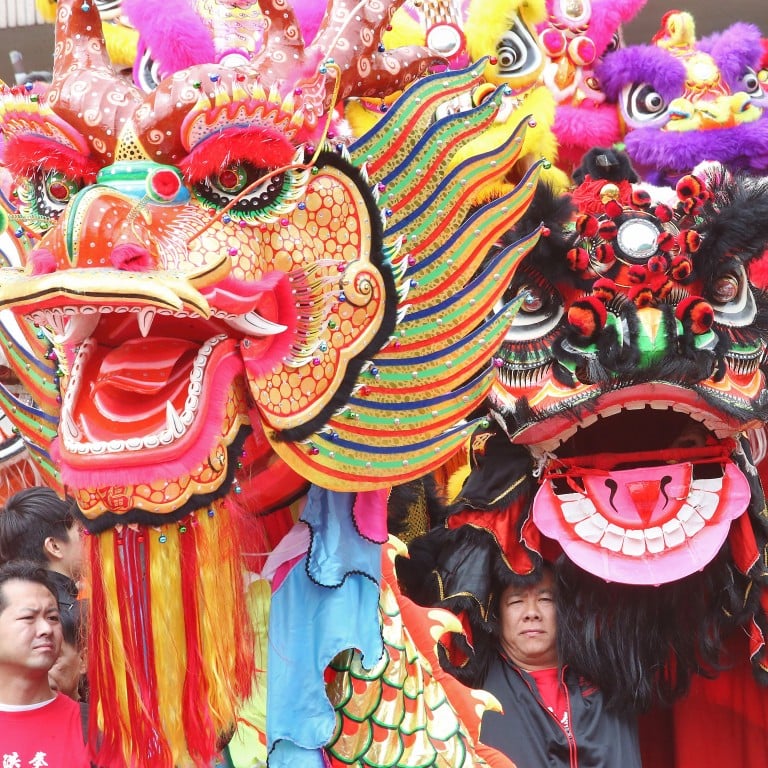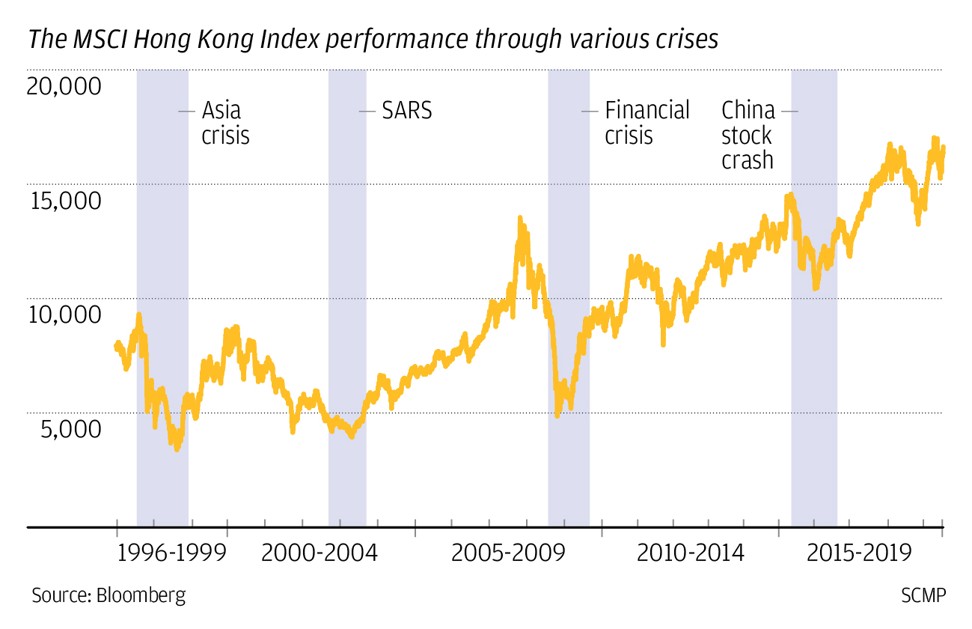
China halts stock trading in extended Lunar New Year holiday as deadly coronavirus outbreak from Wuhan takes its toll
- The State Council, China’s chief administrative authority, on Monday extended the Lunar New Year holiday by another two working days
- Hong Kong markets will still open as planned on Wednesday, HKEX says
China’s financial regulators will suspend trading on the Shanghai and Shenzhen stock exchanges in an extended halt of one of Asia’s largest capital markets following a deadly viral outbreak.
The Shanghai stock market, which has been shut since January 23, will resume trading on February 3, in keeping with an extended Lunar New Year public holiday ordered by the State Council, according to a statement by the bourse.
The smaller Shenzhen exchange in southern China will observe a similar suspension, according to a source familiar with the matter. Hong Kong’s stock exchange, which lies outside the purview of the CSRC, said it would resume trading on January 29.
The State Council, China’s chief administrative authority, on Monday extended the holiday by another two working days, until February 2.
Virus shot in the arm for health care stocks, as airlines and casinos hurt
The Hong Kong stock exchange, meanwhile, said it would cancel a ceremony to mark the first trading day of the Year of the Rat, because of the increasing risk the Wuhan coronavirus outbreak poses. In an emailed statement on Monday, bourse operator Hong Kong Exchanges and Clearing Limited (HKEX) said the stocks and futures markets will open and operate as usual.
“Our decision is based on the increasing risk of coronavirus infection in Hong Kong, and knowing that the health and safety of our guests and colleagues remain our highest priority,” it said. The ceremony, which includes a lion dance, would be cancelled for the first time in the exchange’s two-decade history.
The decision to extend China’s Lunar New Year holiday was taken to “strengthen the prevention and control of the pneumonia epidemic of the new coronavirus infection, effectively reduce the gathering of people, block the spread of the epidemic and better protect the lives and health of people”, the State Council said in a note.
Meanwhile, on Sunday the China Banking and Insurance Regulatory Commission (CBIRC) said the banking and insurance industries should temporarily suspend or adjust their business hours as they see fit according to the local severity of the virus epidemic, and encourage the availability of online services as necessary.
The regulator also said banking and insurance companies must allow those affected by the epidemic, who might have temporarily lost sources of income, to delay mortgage repayments, or adjust credit policies to repay loans. Customers claiming insurance over infection from the virus are to be given priority service, and the scope of liability should be extended to give full compensation, the CBIRC said.
Carrie Lam to find love in Year of the Rat, CLSA Feng Shui Index says
Companies in affected industries such as tourism and transport should be offered lower interest rates on loans, the regulator added.
During the 2003 outbreak of the severe acute respiratory syndrome, or Sars epidemic, the Chinese securities regulator extended the May Day public holiday and closed the stocks and futures markets for four additional days after the annual week-long May 1 holiday.
The current outbreak, which originated from the Hubei provincial capital of Wuhan, has brought back memories of Sars, which afflicted 8,098 people in 37 countries and killed 299 people in Hong Kong.
During Sars, Hong Kong’s property prices fell 9 per cent and transactions in the secondary property market plunged by a whooping 67 per cent, according to the Centra-City Leading Index. It led to a bigger drop in property prices and transaction volumes as Hong Kong’s economy “had been weakened since the 1998 Asian financial crisis and the unemployment rate was high at the time”, said Sammy Po Siu-ming, chief executive of Midland Realty’s residential division.
Moreover, Sars occurred during the spring of 2003, typically a quiet holiday season with few tourists around. The current outbreak is occurring smack in the middle of the annual Lunar New Year holiday season, when an estimated 3 billion trips are scheduled to take place as the Chinese population traverse their nation - and around the world - to mark the biggest festival on their calendar.
The crisis, which has claimed 80 lives and is till unfolding, has forced a dozen of Chinese cities into lockdown, including Wuhan.




